What does a good title have that makes it good? Lots of notions here. It should encapsulate the story itself. It should suggest what the story is about. It should intrigue the potential reader. It should provide some strong or poetic statement. It may also be said the title is the first salvo of a marketing campaign. The truth is, as any author will tell you, a good title is hard to compose.
In my experience. a title can stay with a book all during its composition. Or it can change often, even as the book evolves.
Perhaps my favorite title shift is The Sea Cook to Treasure Island, by Robert Louis Stevenson. Jane Austin’s Pride and Prejudice had the working title, First Impressions. The Great Gatsby was originally titled Timalchio in West Egg. [Check Google if you want to find out who Timalchio was.] Then there was Orwell’s 1984, and its earlier title, Last Man in Europe.
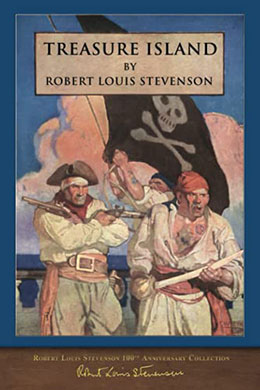
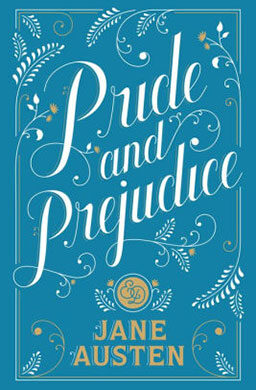
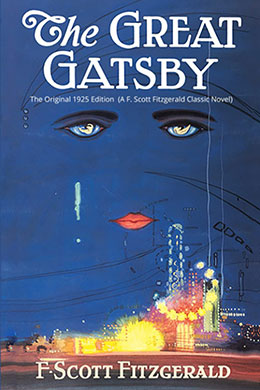
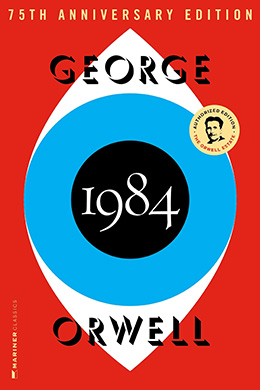
To be fair, those earlier titles seem odd (or wrong) because we know the books with their final titles so well.
But from personal experience, title changes can happen for many reasons. Sometimes the working title — you discover — has been used for another book. That was the case for my Poppy which had been called Pip.
Turned out there was a book titled Pip: The Story of a Mouse. When I changed the title, I, of course, also had to change the main character’s name.
Something Upstairs got its title when I read the first (unpublished) chapters to a class of fifth graders. At the time it had no title. I asked the kids for a suggestion. A girl raised her hand. “Call it Something Upstairs,” she said.
Done.
My Wolf Rider title doesn’t work because it refers to an obscure line buried in the text. Readers rarely find it.
Sometimes a shift happens because the book itself changes. Thus, The True Confessions of Charlotte Doyle was first called The Seahawk, the name of the ship on which all the action takes place. But of course, the novel is far less about the ship, than about the main character, Charlotte. Thus, The Secret School’s working title was simply Ida.
It took a while to give Secret Sisters a title. For a while, I simply called it Secret Sequel.
I used the legal term Discovery, for Nothing but the Truth, but changed it for what I came to think was a clearer, better title.
My original title for Crispin: The Cross of Lead, was No Name. In that case, it was the editor who felt a change was necessary, not an unusual occurrence. I always preferred the original name.
Catch You Later, Traitor was first called Season of Suspicion. But the book shifted publishers and got a new title. One of my sons suggested it should be called just Later.
A title change can occur when the publisher’s marketing team weighs in, but the author hears about that only indirectly. Such was the case when my recently published City of Magic, lost its original title, Midnight in Another World.
My newest book Lost in the Empire City had the title The Four Million and Me. The number refers to the population of New York City in 1911, the time of the story. It’s also an obscure reference to the short story writer, O Henry, who wrote a book about NYC called The Three Million. The new title has much more energy.
So, it goes …
Now I have to give a title for this short essay. Let’s just call it Titles.
Does that work?
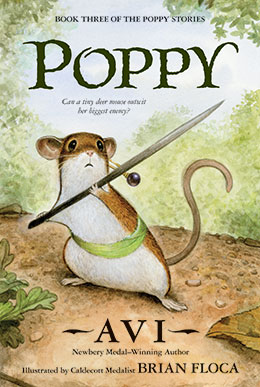
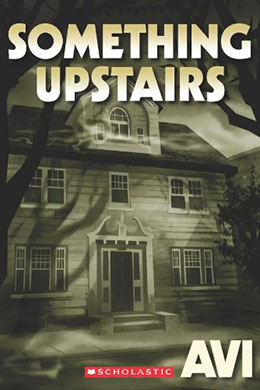
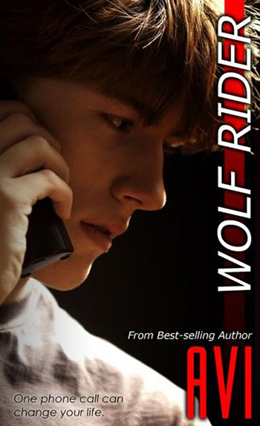
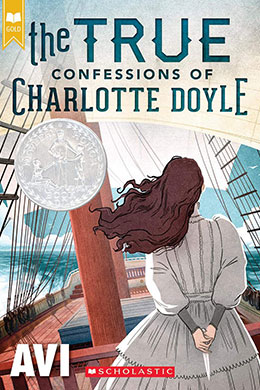
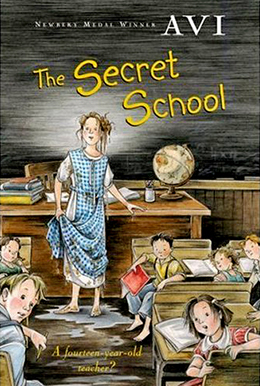
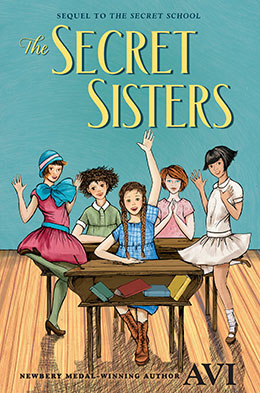
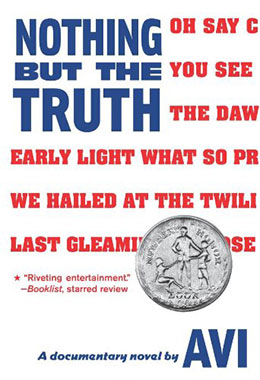
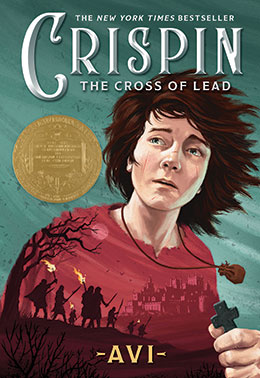
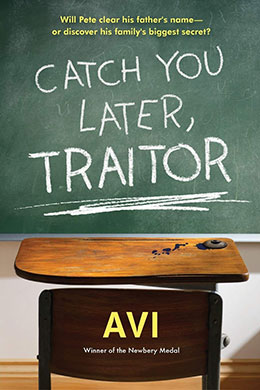
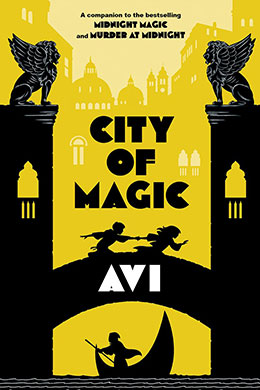
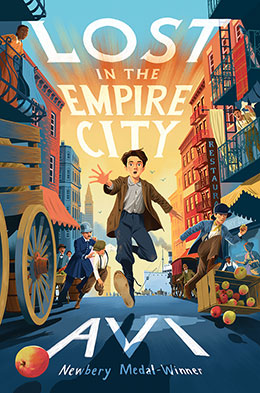
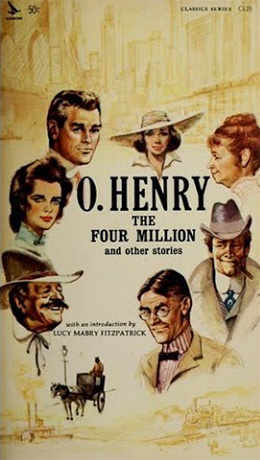
2 thoughts on “Titles”
This essay was indeed thought-inspiring, but the only lettering I needed to see on the cover was “Avi”. I retired from teaching 16 years ago and you provided my classes with wonderful stories to be explored. Thank you Mr. Wortis!
Exciting as always. Mr. Wortis has the ability to keep the reader spellbound.
I also find the length of the essays amazing. The modern generation is more of one liners.
I myself five to ten lines. I have written metres and kilometres but for myself.
The title, ‘Titles,’ describes it exactly as it is. An editor would prefer perhaps spmething more catchy. For instance, ‘What’s with titles ?’
This is easier done in aftermath or in retrospect however than when writing an article.